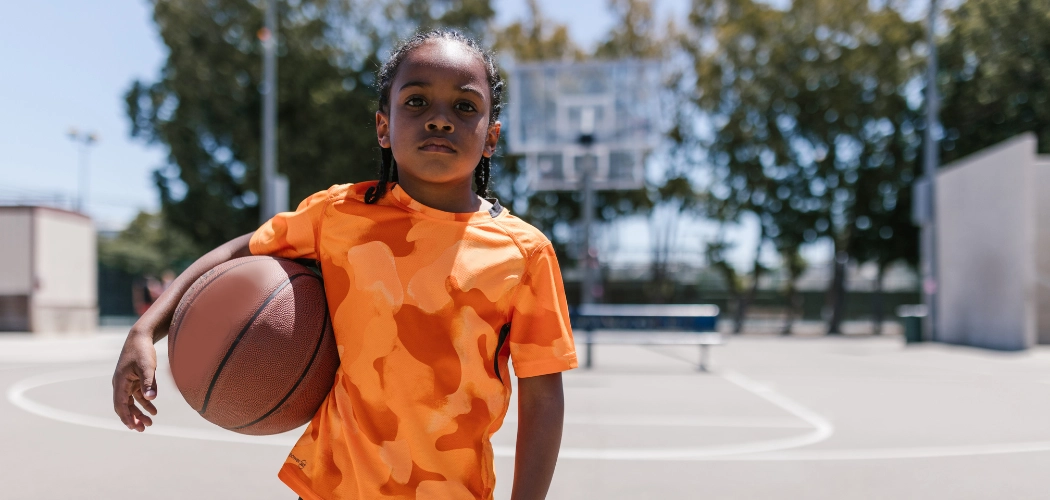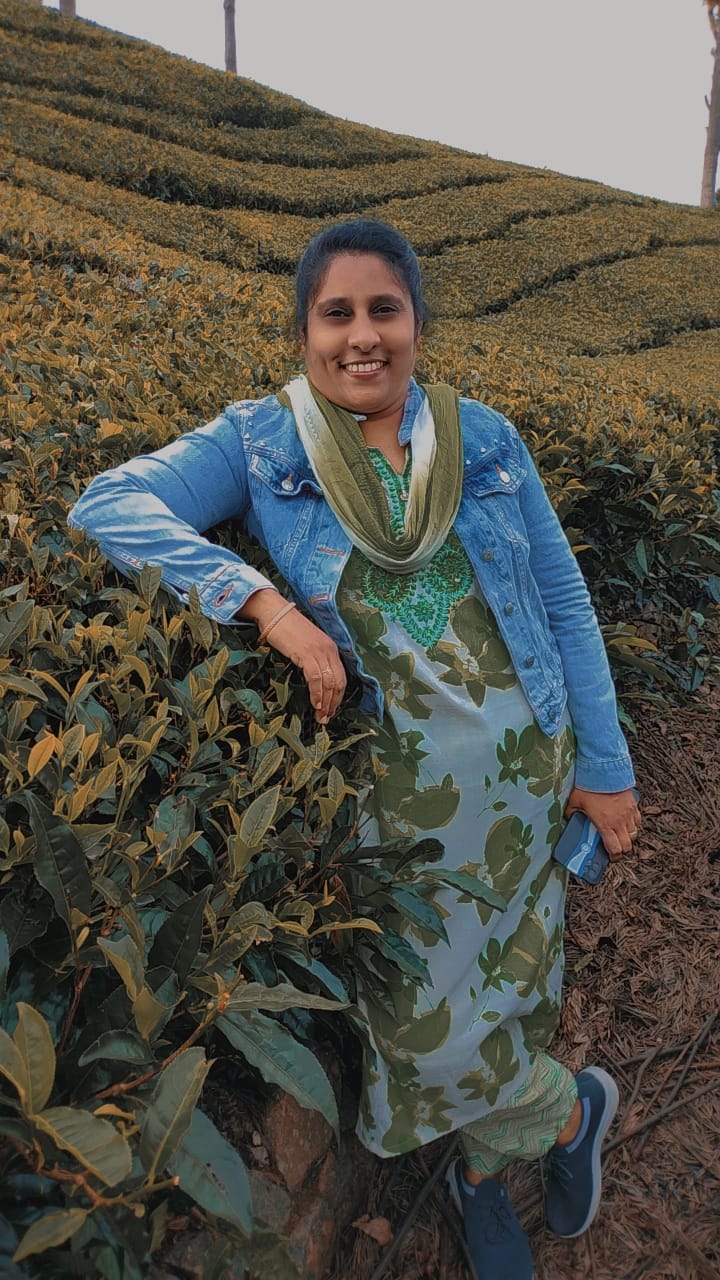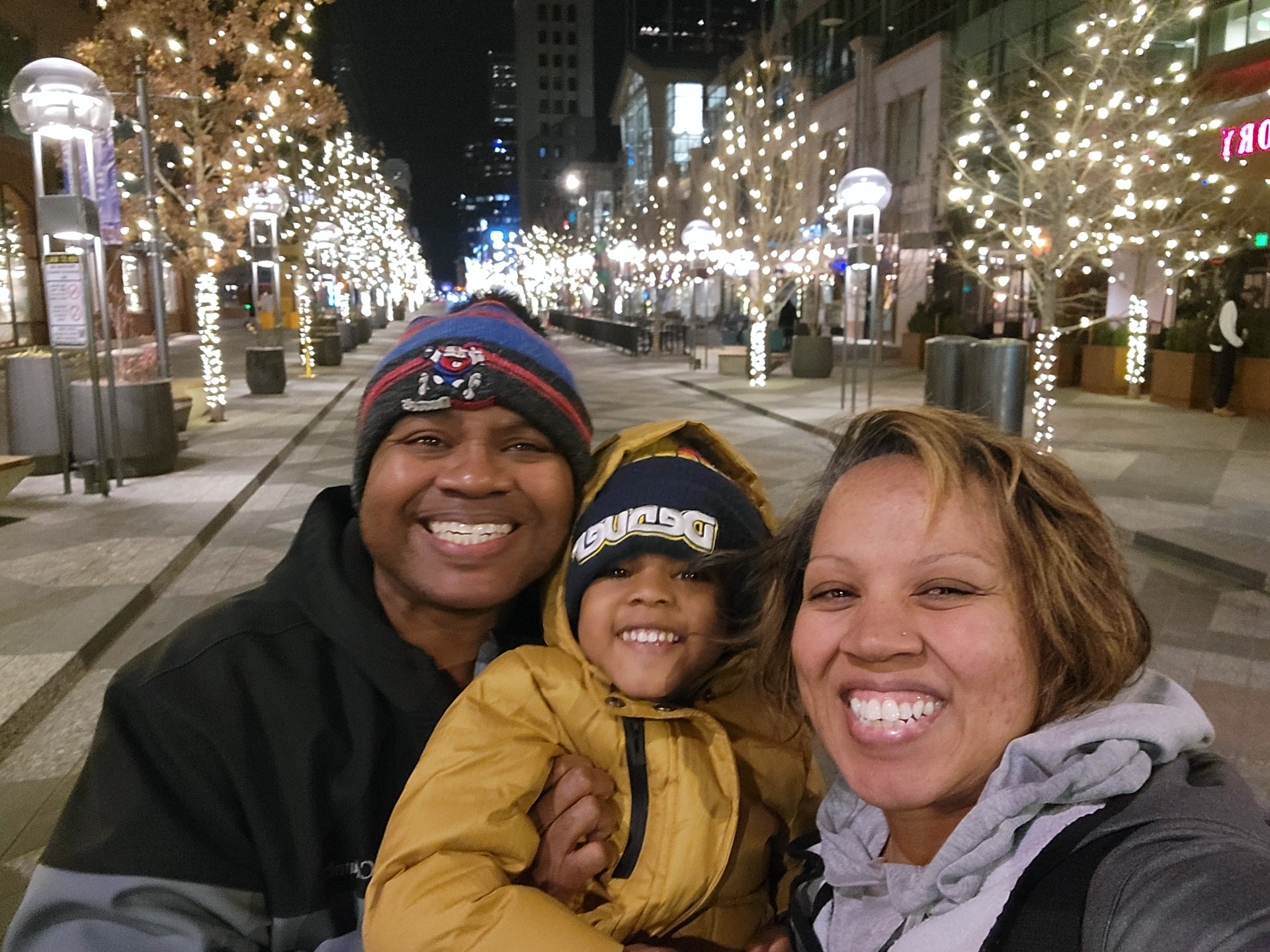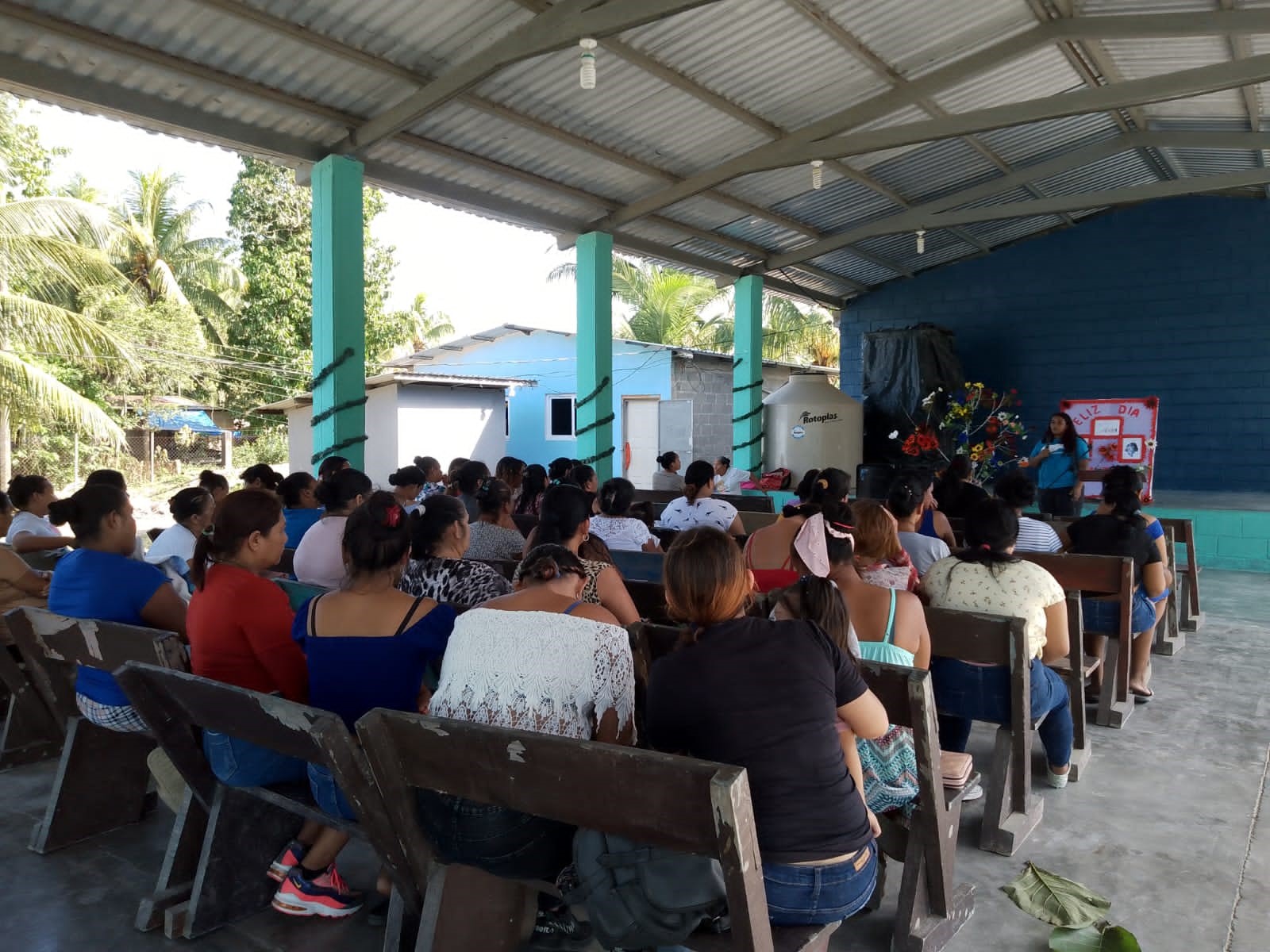Q: How do I keep my preschoolers safe during activities this summer because they’re more likely to wander when we’re outside, and they also have more opportunities to talk to strangers?
A: This is a good question probably year-round and not just during the summer months. But summer does provide one huge difference, which is the best way to think about this problem. The difference is that built-in structure goes away during summer.
During the school year, preschoolers often spend some part of the week in structured activities that take care of this safety issue. But in the summer, most programs have ended. So, the question really becomes, “What kind of structure will keep my children safe?”
In Galatians 4, Paul uses two words when he’s speaking of parenting: guardian and manager. Those two functions are what kids need all the time, so think of it this way: Guard your kids from the things that they cannot guard themselves from and manage their behavior and development along the way.
In terms of guarding, there are three big things to think about: space, activities and people.
- Kids need to be in protected spaces, where they cannot wander away. So, fences or supervision are always needed with preschoolers. Make sure you choose fenced-in yards or have someone there watching them at all times.
- Pick play areas and activities that are safe, where they won’t be pushing the limits of their abilities.
- Don’t leave preschoolers in places where strangers could approach them without supervision. Even though they should already be learning not to talk with strangers, do not leave them alone in parks or other places. They are too young.
In terms of the “managing” aspect, use these times to look ahead to see what would happen when you’re not there with your kids. Around age 3 to 4, tell your children what the rules are at the play area, then step back where you’re not visible and watch what happens. If they go out of the space, or do things they’re not supposed to or talk to people they shouldn’t, use those times as learning moments.
Give them a time-out from play to teach them that they cannot do those things if they want to have the freedom to play and have fun. Make the time-out meaningful by having them sit down by themselves and watch everyone else play and have fun. Then ask them to tell you what they did wrong and how they’re going to do it differently next time.
Managing your kids instead of nagging and correcting them will lead to children whose boundaries for space, activities and people can get bigger and bigger as they learn to manage themselves. (See our book, Boundaries With Kids, for more on this topic.)
Now, lest all of this seems too labor-intensive, remember: It takes a village. Summer is a great time to get a group of your friends together and plan play dates so that everyone gets blocked-out times off while your buddies are watching the kids. No need for you to be working all the shifts!
Drs. Cloud and Townsend are psychologists, leadership coaches and the authors of many books, selling over 5 million copies, includingRaising Great Kids,Boundaries,Boundaries with KidsandMom Factor— as well as the hosts of the syndicated national radio program “New Life Live.”





